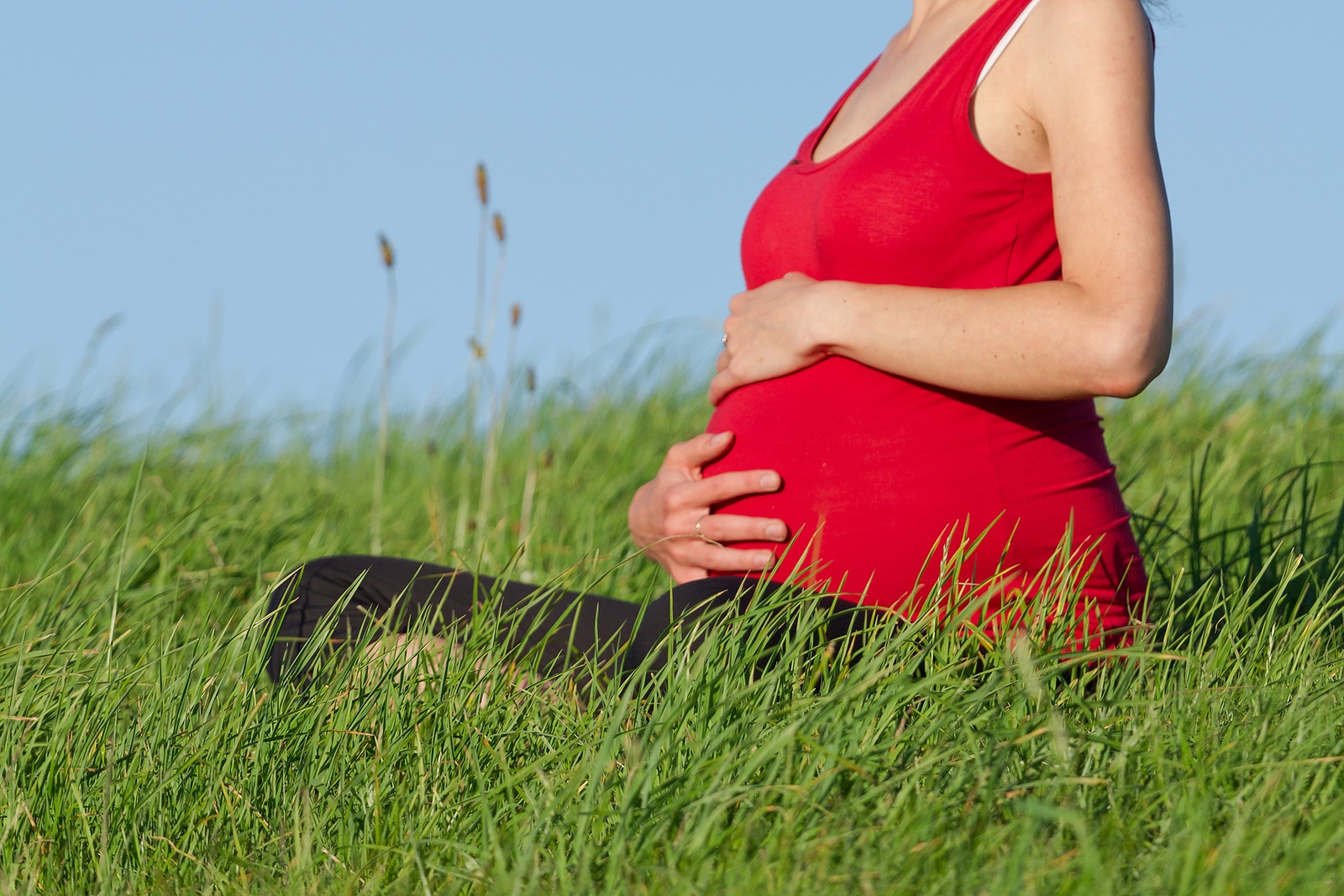
Pregnancy is stressful on the body, and that includes oral health. You may not necessarily think about oral health and pregnancy as having a connection, but both have an effect on each other that expecting mothers need to pay attention to in order to keep themselves and their babies safe. Kid's Choice Dental in King County wants to help.
Pregnancy affects the entire body, including oral health. Rapidly changing hormones, food cravings, and other changes over the next nine months can have a significant impact on your teeth. According to the Centers for Disease Control (CDC), pregnancy increases a woman's risk of developing cavities and pregnant women are up to 75 percent more likely to develop periodontal disease, also known as gum disease. Both of these problems threaten the health of the expecting mother and the baby.
Gum disease is a serious condition that needs immediate treatment, especially if you are pregnant. You may notice your gums are red and swollen. The gums may even be bleeding. Hormones only aggravate the problem further. And it doesn't just impact your health, but the health of your baby as well. Gum disease can result in loose teeth that can fall out. It can also cause bone loss in your jaw. The worst problem is a potential infection that can result in all sorts of health problems, including heart health.
Gum disease is also associated with poor pregnancy outcomes, including miscarriage or stillbirth, and low birth weights. If you have gum disease, seek treatment right away.
A cavity may seem like no big deal, but it can be a major problem for pregnant women that can impact their children later on. Pregnant women have a higher risk of cavities. In fact, 25 percent of pregnant women have an untreated cavity. The risk is higher because pregnant women often crave food, including sugary foods that cause the growth of harmful bacteria that can be passed from mother to child after birth.
Children are more susceptible to cavities themselves if their mothers have untreated cavities, resulting in other health risks and financial costs.
Don't ignore your cavity, even if you're not pregnant. Seek treatment to prevent tooth decay, tooth loss, and potential infection.
It's not uncommon for pregnant women to get braces treatment during their pregnancy. The best time to get braces during pregnancy is after the first trimester so expecting mothers have time to adjust to their pregnancy before they need to adjust to braces. Morning sickness is also more prevalent during the first trimester, which means stomach acid could damage the braces in addition to your teeth.
You should avoid waiting until nearer the time you give birth or just after to get braces as adjustment will be more difficult with a new baby. Please be aware that there are dietary restrictions with braces so your pregnancy diet will have to adjust. Ask your orthodontist if Invisalign may be a better option for you since clear removable aligners feature little to no change to your lifestyle.
Medications, including numbing medications, are safe for you and your baby. Your orthodontist should not have to prescribe medications either. But anti-biotics and over-the-counter pain medications may be necessary to alleviate pain, decrease inflammation, and fight infection. These are safe as well under your doctor's supervision.
It's important to let your dentist or orthodontist know that you are pregnant for several reasons. Pregnant women are more at risk of dental problems such as previously mentioned gum disease and cavities. Therefore, your orthodontist or dentist may want you to schedule additional check-ups to assess your oral health during the pregnancy. Your dentist also needs to know that you are pregnant because of x-rays. While x-rays are generally safe for pregnant women and their babies, you or your dentist may elect to use an alternative imaging method.
Pregnancy hormones can cause your teeth to be looser, but this is not something to worry about unless you have accompanying signs of gum disease. Just be careful about what you eat. You may also notice swelling and inflammation that is not related to gum disease. It's even possible you will develop a kind of swelling between your teeth known as a pregnancy tumor, which is only temporary and is not a threat to you or your baby.
Yes, morning sickness does increase risks to your oral health. Stomach acid on the teeth can damage tooth enamel over time, making them vulnerable to bacteria that cause cavities. Untreated cavities can result in tooth loss and infection, which can spread to your baby if it is serious enough.
The risks to your oral health during pregnancy mean you should take extra care of your teeth and gums during this time. Brush and rinse more often, especially after a bout of morning sickness. This will remove any stomach acid from your teeth before it has time to damage your tooth enamel too much. This should include flossing between your teeth as well since those parts of your teeth are more difficult to clean with brushing and rinsing alone.
Try to eat a healthy diet by limiting sugary foods and drinks as much as you reasonably can. We understand that pregnancy cravings may make this difficult. Just be sure to clean your teeth after eating and snacking. Other than that, schedule regular dental appointments and teeth cleanings.
Pregnancy is supposed to be a joyous time for an expecting mother. It's hard enough to go through all these changes over nine months without adding dental problems to the equation. Kid's Choice Dental is here for expecting mothers and would love to be there for your children when their first teeth erupt. We proudly serve Pierce and King counties in Washington state. To make an appointment or to learn more, call our office at 253-848-7000 today!